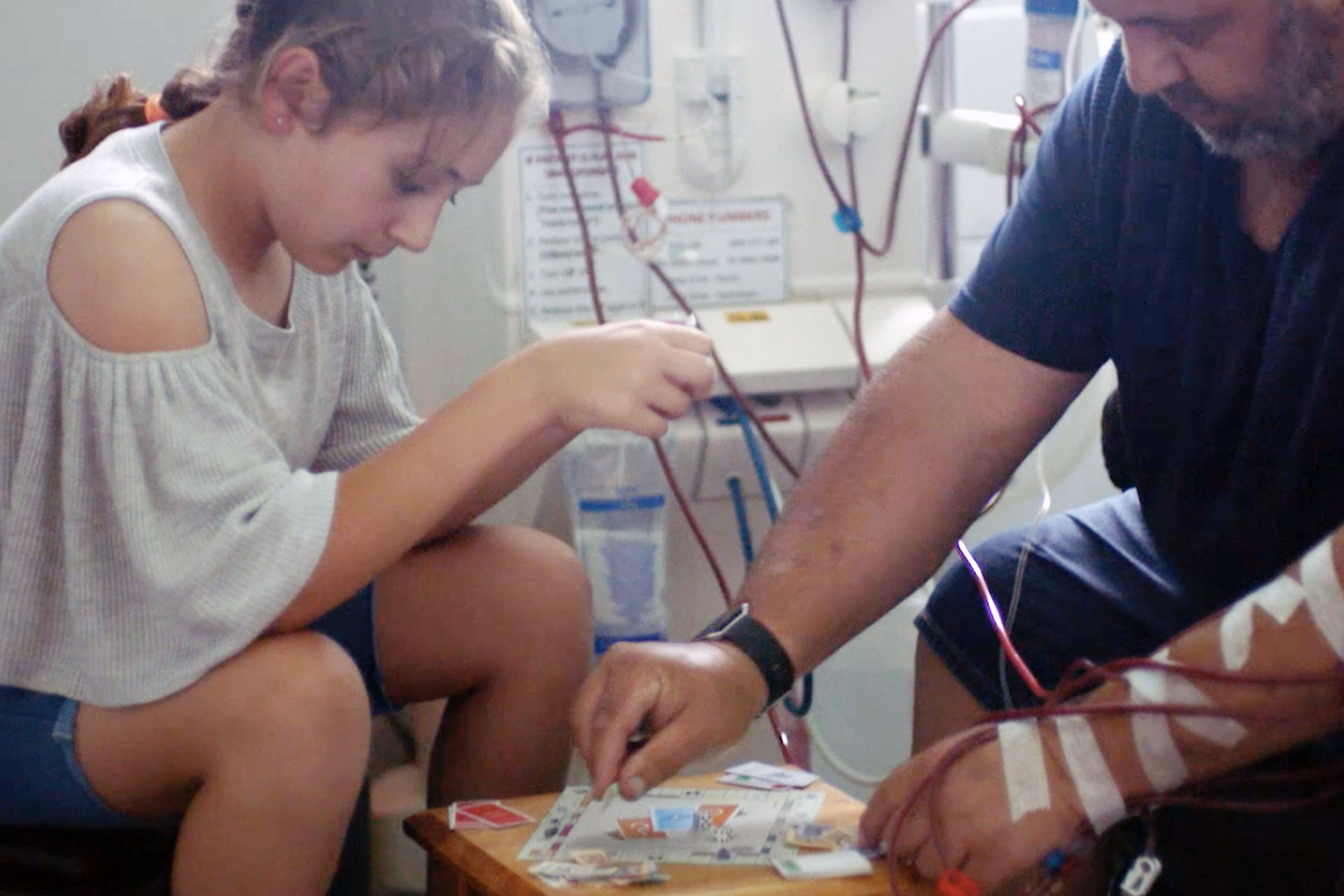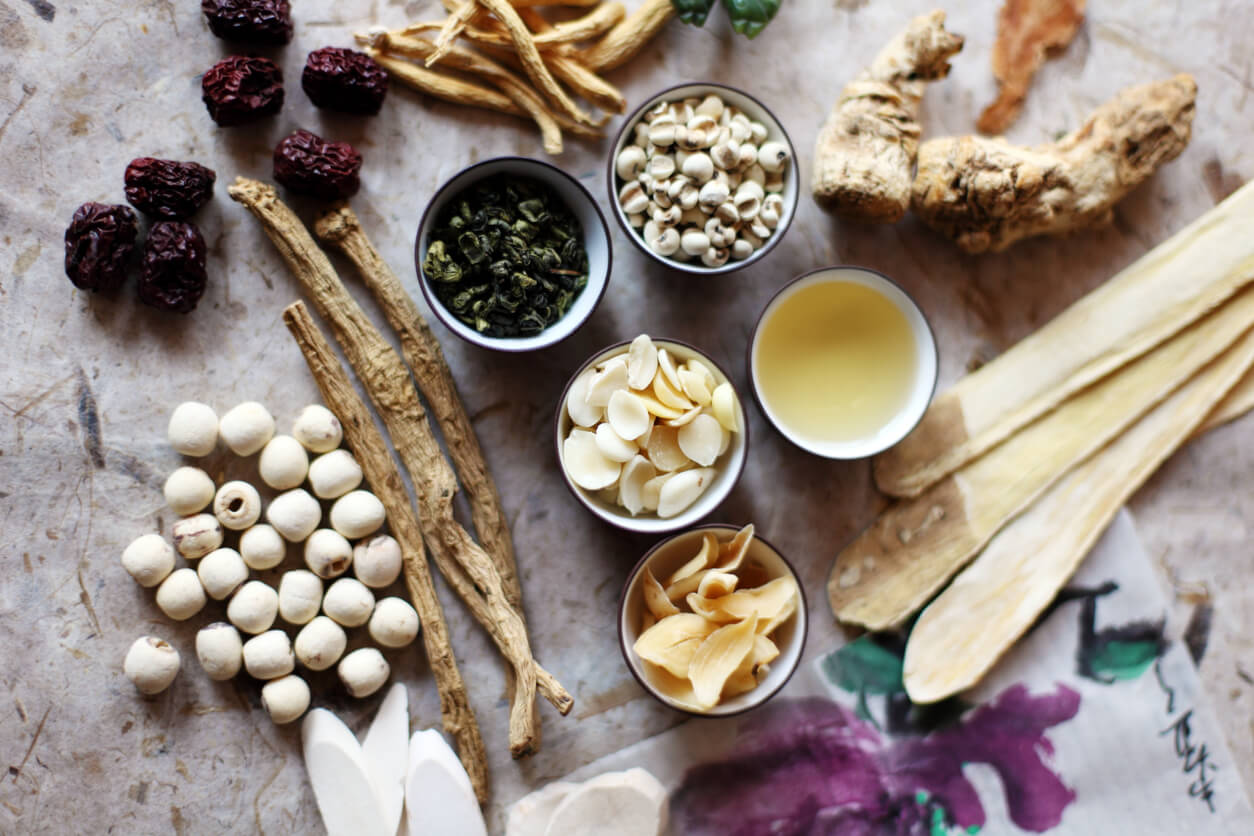-
Many have hailed the gut as the next frontier for improving health and treating disease. With new research highlighting its complex role in the body, nourishing the gut has emerged as a popular topic that you’ll rarely hear without the buzzword “probiotics”.
Given the gut is where we digest our food and release its nutrients (or lack thereof), the link between gut microbes and health may come as no surprise. Yet are probiotics really beneficial to our health or are they simply the health hacks of the hour? Read on to find out.
First, what goes on in our gut?
Your gastrointestinal tract, also known as your gut microbiome, is home to over a hundred trillion microorganisms. This vast ecosystem is what we call our ‘gut microbiota’ - a collection we start building from birth and continue to shape by the food we eat and the things we’re exposed to, ranging from pets to antibiotics.
While it may seem off-putting, these tiny organisms are hard at work. They help us digest our food, absorb essential vitamins, and aid our metabolism. All of this comes in exchange for living in the gut’s stable and nutritious environment, which will vary from person to person.
How food impacts your gut
There are plenty of microorganisms that are beneficial for the gut, but researchers have identified two types that you should be particularly mindful of. These are:
- Probiotics: bacteria and yeasts that are found in supplements and some foods, such as yoghurt, sauerkraut and other fermented foods.
- Prebiotics: foods that feed the “good” bacteria in the gut and enable them to flourish and stay active. Prebiotics are found naturally in certain fibrous plant-based foods such as vegetables, fruit, legumes, and whole grains.
And while these can both be found naturally in foods, there is a growing number of prebiotic and probiotic supplements available on pharmacy shelves.
MORE: Your guide to fermenting foods at home
Gut health, probiotics and disease
According to Professor David Cameron-Smith, Chair in Nutrition at Liggins Institute, University of Auckland, our understanding of the gut microbiome is quickly evolving, with research linking gut health and a number of chronic diseases.
“Scientists have pieced together that differing types of bacteria can be found in most people with serious health conditions including obesity, diabetes and heart disease…but much is yet to be discovered about all these bacteria, known collectively as the gut microbiome. One of the biggest challenges is understanding the function and ways in which the differing types of bacteria influence our health.”
“With each scientific breakthrough, new opportunities are opening up for how many major diseases can be treated from the inside. But it will be a few more years before swallowing a live bacteria ‘pill’ will be routine medical practice.”
Probiotics and digestive health
There is evidence that taking differing types of probiotics can help with some types of digestive upsets, including some forms of diarrhoea and constipation, says David.
“As yet the evidence for health benefits is ambiguous and marginal… but if you are already taking a probiotic supplement or food product and it’s helping to ease symptoms of digestive tolerance, then there is no reason to stop.”
If you have already embraced probiotics in your diet, it’s also worth noting that the changes in the overall makeup of the gut microbiome are often relatively small, and generally persist only for as long as you keep consuming them.
Listening to your gut
As gut health continues to become more mainstream, you can expect to see more probiotics on the market. However, for most people, a healthy, fibrous diet is the best medicine.
“For most people there is not enough evidence to support taking probiotics if they have no digestive intolerances,” says David.
“The healthiest foods for the gut microbiome are strangely enough those without any labels; its fresh vegetables and fruits” David says. “After eating 5 (or more) serves per day, it’s important to also select high-fibre carbohydrates including pulses, legumes and whole grains. All the available evidence points to diversity and a healthy digestive flow of dietary fibre to help keep the whole digestive tract moving along as the key to a healthy gut.”
So, remember that when you feed yourself you are in fact feeding trillions of microorganisms that are supporting your everyday needs. Give them the fuel they need to do their job properly.
Should you take probiotics?

-
Innovating for members living with chronic disease
Medibank is supporting our members living with chronic diseases such as heart disease, arthritis, and diabetes, through our CareComplete programs.
-
Medibank’s palliative care at home trial
Giving our customers choice in where they would like to receive their end-of-life care can provide dignity, privacy and help them retain control over the care they receive.
-
How your phone habits affect your sleep
And what it means for your mental health, hormones and more.
-
Medibank trialling haemodialysis at home
Giving members with chronic kidney disease more choice
-
The origins of western and eastern medicine
Two schools of thought explained
-
Almost half of hospital patients are looking for more support
Find out how Medibank is helping.
Subscribe to receive the best from Live Better every week. Healthy recipes, exercise tips and activities, offers and promotions – everything to help you eat, move and feel better.
By clicking sign up I understand and agree to Medibank's privacy policy






